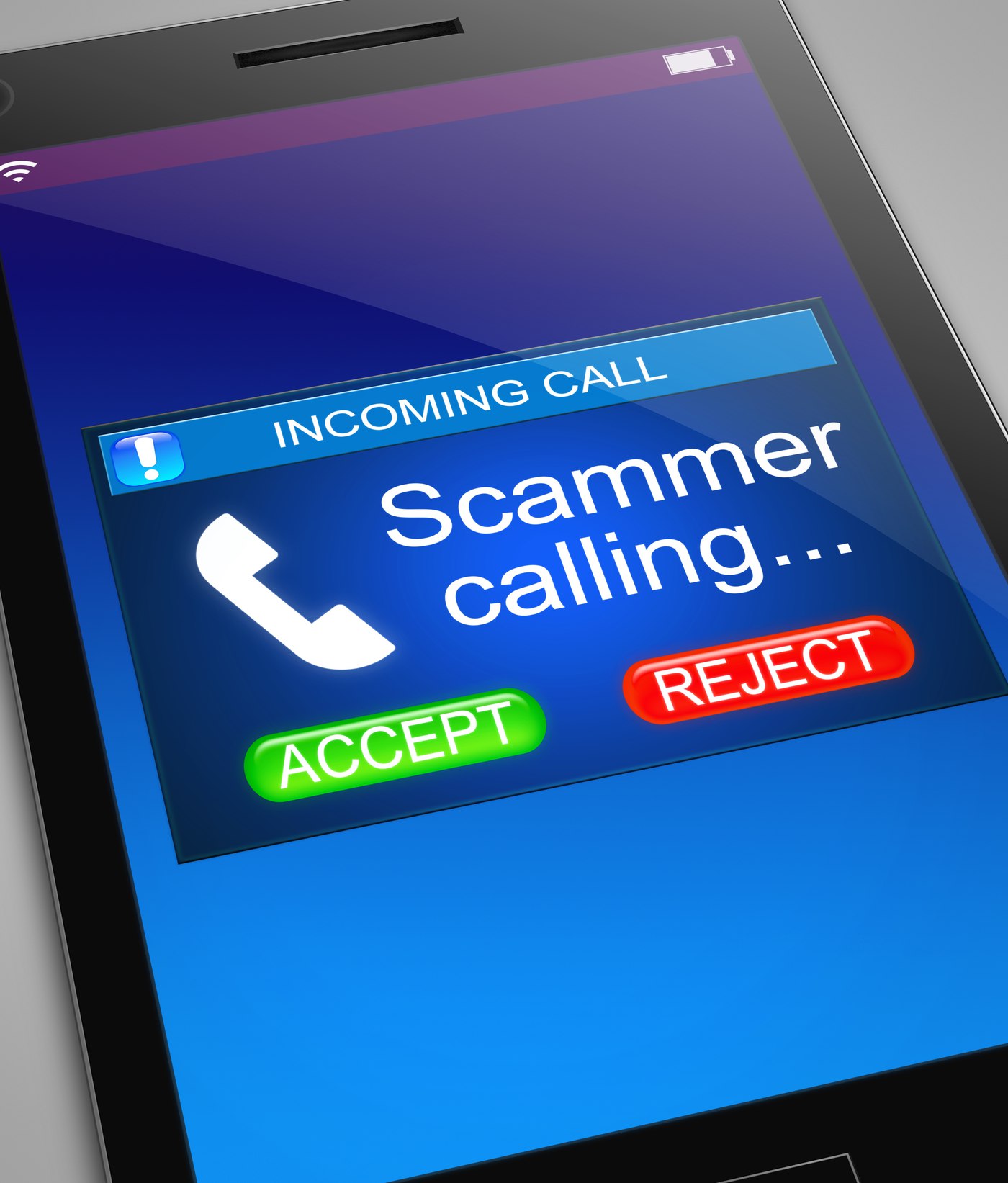
Just as April showers bring May flowers, changes to government programs bring new financial scams. Recently, a client brought to my attention a new Medicare scam. I think it’s worth sharing because many people may be unaware of the real transition happening within the Medicare program. Thieves by nature are opportunistic, preying on unsuspecting victims. Therefore, to help protect yourself, it helps to first understand what’s changing in Medicare.
New Medicare Cards
In 2015, Congress passed an act requiring the removal of Social Security Numbers from all Medicare cards by April 2019. The SSN-based Health Insurance Claim Number will be replaced with what’s called the Medicare Beneficiary Identifier. The switch is intended to help protect Medicare enrollees from identity theft.
Medicare enrollees will receive a new card with their new number starting in April of this year. It’s important to note that Medicare will automatically assign an MBI and mail a new card. As a Medicare enrollee, you don’t have to do anything.
Medicare Card Scam
Now, here’s how the new Medicare scam works:
A person will call you claiming to be a “representative of Medicare.” The purpose of the call, the person will say, is to notify you that you will be receiving a new Medicare card. But, until the new one arrives you must obtain a temporary card – for a fee. To process your temporary card, the “rep” will ask for payment information, such as your bank account number, credit card number, etc.
There are two important things to remember about government communications that will help you avoid falling victim to these types of scams. First, no government organization – not Medicare, not the IRS or any other entity – will contact you unexpectedly by phone. The government only communicates via mail, unless you arrange otherwise. Second, no government organization will take your financial information over the phone, unless you ask them to.
Steps to protect yourself and others
There are several simple yet effective ways to protect yourself. For one, it’s good practice to let calls from numbers you don’t recognize go straight to voicemail. That way you can avoid engaging with someone who is trying to rip you off. In the event you accidentally give out any personal information, act immediately. Notify your bank and/or credit card company that your information has been compromised. And, keep watch for any suspicious activity in your financial accounts.
Lastly, spread the word. Share this blog with friends and family. In this age of information, I think we have the power to help each other become better stewards of our personal information and fight crime.
These are just basic identity theft protection steps that can help you avoid financial fraud. To learn how to better protect your identity and your money online, we recommend watching our recent cybersecurity webinar presented by former FBI agent Jeff Lanza.
 Jeffrey Lido is a CERTIFIED FINANCIAL PLANNER™ who provides comprehensive wealth management solutions, such as retirement planning and investment advice, to help clients work toward achieving their financial goals. He is also one of Dave Ramsey's designated SmartVestor investing professionals.
Jeffrey Lido is a CERTIFIED FINANCIAL PLANNER™ who provides comprehensive wealth management solutions, such as retirement planning and investment advice, to help clients work toward achieving their financial goals. He is also one of Dave Ramsey's designated SmartVestor investing professionals.

